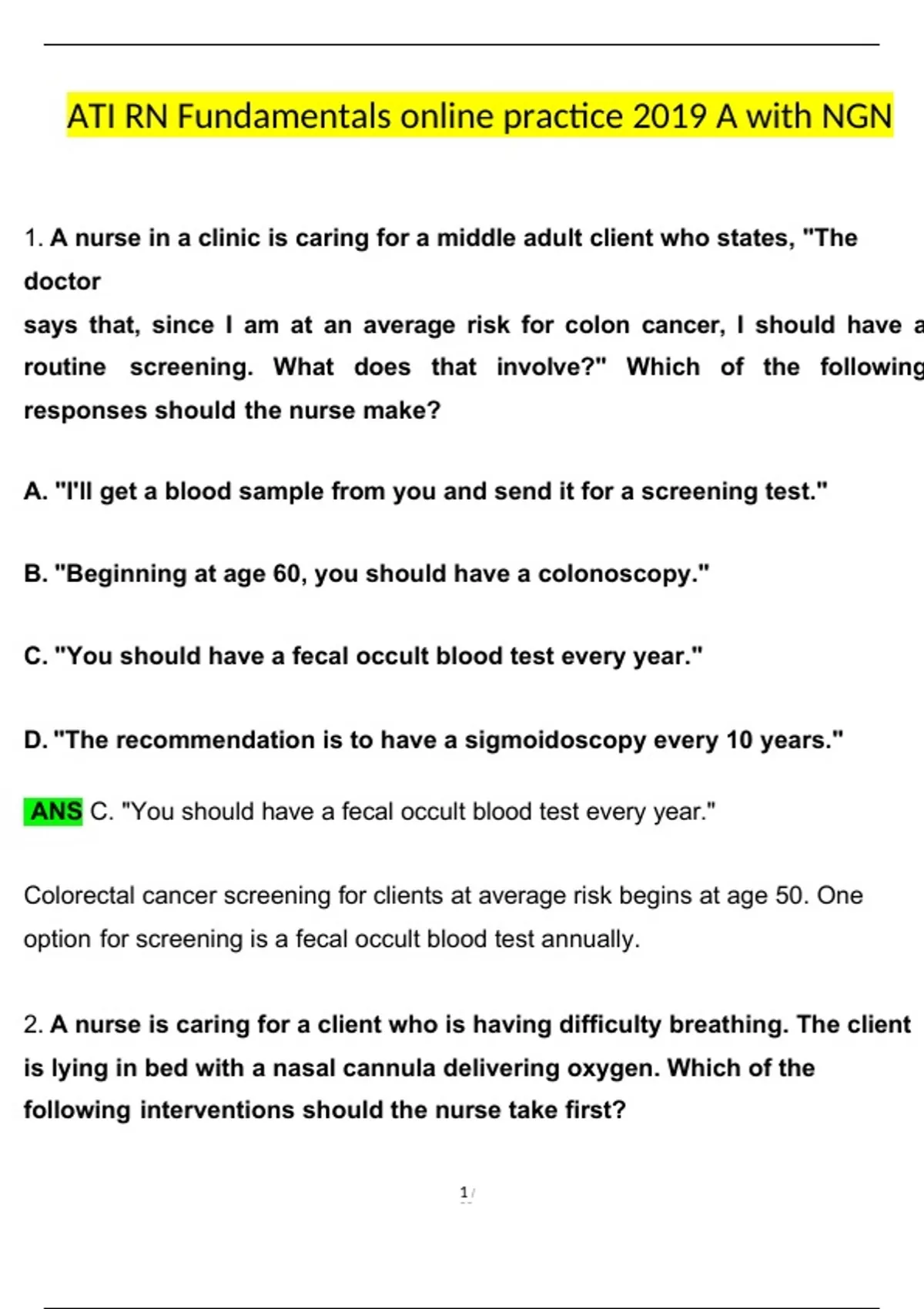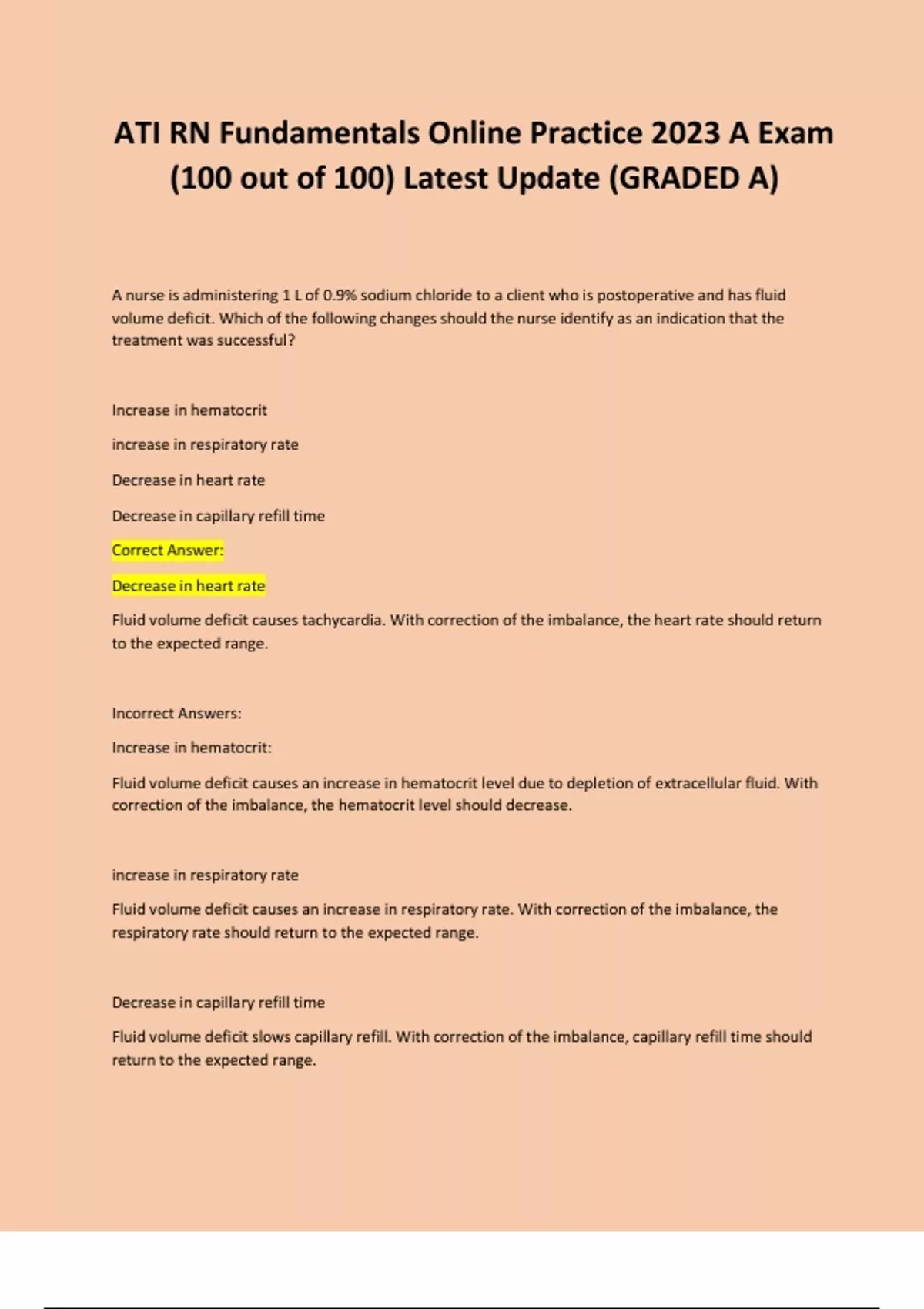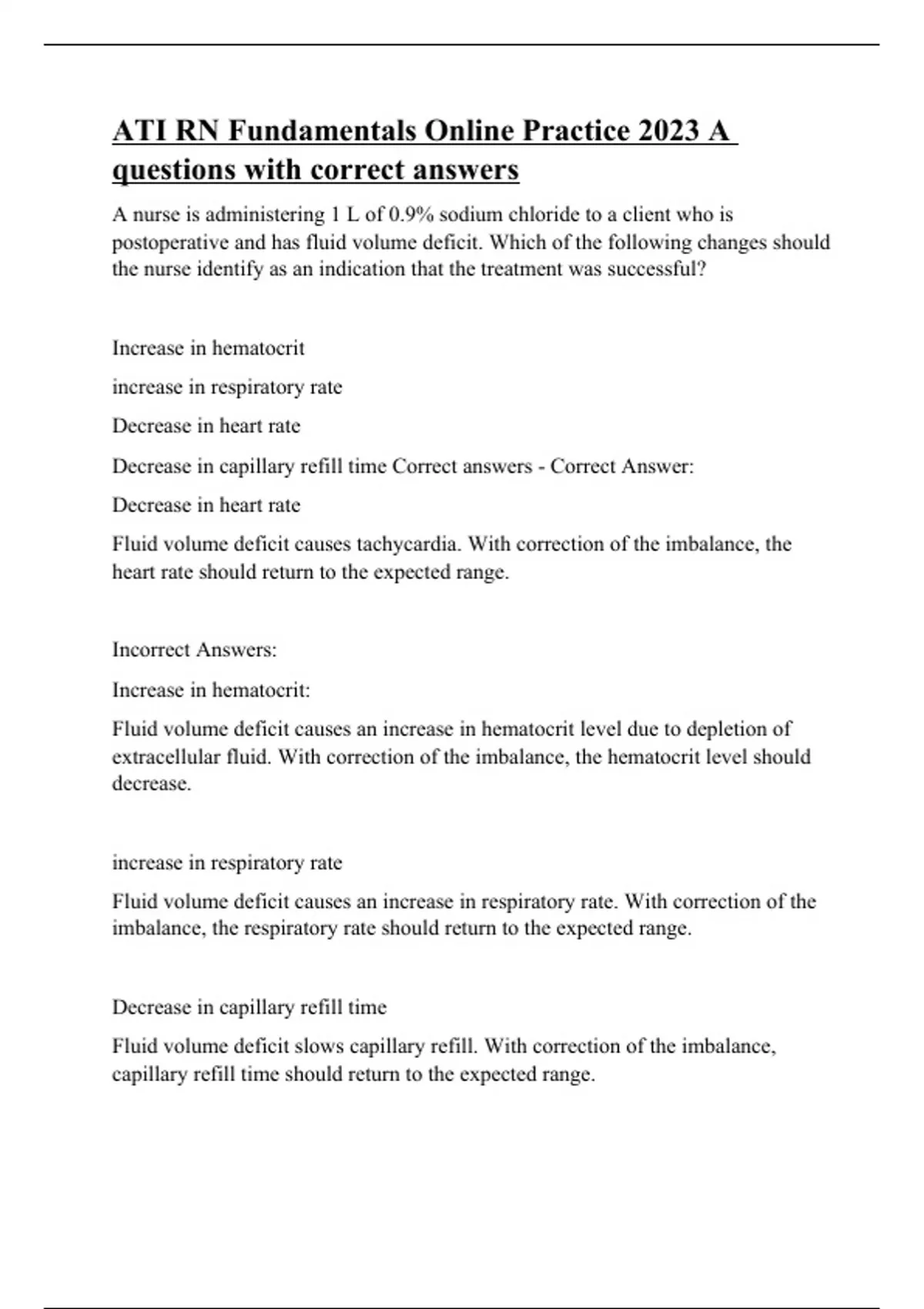How can nurses ensure they are effectively addressing patient pain after physical therapy? Proper pain assessment is crucial, not just for patient comfort, but also for optimizing recovery and preventing long-term complications. This involves not just asking about pain levels, but delving deeper into the qualitative aspects of the experience. Pain is complex and multifaceted, requiring a comprehensive approach that goes beyond simple numerical ratings.
Effective pain management starts with a detailed assessment that explores the nature of the pain, its location, intensity, and any aggravating or alleviating factors. Imagine a patient reporting increased pain after a physical therapy session. A skilled nurse will ask specific questions to understand the quality of that pain. Is it sharp, dull, throbbing, or burning? Does it radiate to other areas? When did it start, and what makes it better or worse? This information is vital for tailoring interventions and ensuring the patient receives the most appropriate care.
| Bio Data/Personal Information | Career/Professional Information |
|---|---|
| Name: Hypothetical Nurse Example | Registered Nurse (RN) |
| Date of Birth: Not Applicable | Experience: Focused on postoperative care and pain management. |
| Location: Not Applicable | Specialization: Developing expertise in physical therapy and rehabilitation support. |
| American Nurses Association |
Consider a scenario where a patient is receiving intravenous (IV) therapy. Allergies are a critical concern. Before initiating treatment, the nurse must diligently inquire about any allergies the patient may have, particularly those related to medications, latex, or other substances commonly used in IV therapy. This careful assessment can prevent potentially life-threatening reactions and ensure patient safety.
For example, allergies to eggs, latex, seafood, or bee stings are relevant information that the nurse should relay to the charge nurse. Some medications and IV solutions may contain components derived from these allergens. By promptly communicating this information, the nurse facilitates informed decision-making and contributes to a safer environment for the patient.
In the fast-paced environment of an emergency department, a patient presents with abdominal pain. The nurse's assessment must be thorough and efficient. Vital signs, including blood pressure, oxygen saturation, temperature, and heart rate, provide valuable insights into the patient's condition. Further assessment might include auscultating breath sounds and palpating the abdomen to assess for tenderness or distension. The nurse's clinical judgment, based on these findings, will guide the appropriate course of action.
Beyond pain management and allergies, nurses play a crucial role in post-operative care. Administering fluids, like 1 liter of 0.9% sodium chloride, is a common intervention for patients with fluid volume deficit. Monitoring for signs of improvement, such as increased urine output, stable vital signs, and improved skin turgor, is essential for evaluating the effectiveness of the treatment.
Another critical aspect of nursing involves understanding and interpreting laboratory results. A sodium level of 125 mEq/L indicates hyponatremia, a condition that can have serious consequences if not addressed promptly. The nurse should immediately report this finding to the provider to initiate appropriate interventions.
Delegating tasks appropriately is also a key skill for nurses. Activities of daily living (ADLs), such as bathing, grooming, dressing, toileting, ambulating, and feeding, can often be delegated to assistive personnel. However, the nurse retains responsibility for overseeing and ensuring the quality of care provided.
The nursing profession demands a strong foundation in both disciplinary and interdisciplinary knowledge. A deep understanding of nursing principles, coupled with knowledge from other fields like liberal arts, natural sciences, and social sciences, allows nurses to make sound clinical judgments and drive innovation in practice.
Preparing for the ATI Fundamentals Proctored Exam is an integral part of the nursing education journey. This exam rigorously assesses a nursing student's grasp of fundamental concepts, preparing them for the challenges of professional practice.
| Study Resources and Techniques | Focus Areas |
|---|---|
| Quizlet Flashcards | IV Therapy Procedures, Fluid and Electrolyte Imbalances, Pain Assessment, Post-operative Care |
| ATI RN Fundamentals Online Practice 2023 B | Management of Care, Assignment, Delegation, and Supervision |
| Nexus Nursing with Professor D | Practice Questions and Answer Breakdown |
Effective communication with patients and their families is another hallmark of excellent nursing care. When a patient is transferred to long-term care, family members often have questions and concerns. The nurse should provide clear and compassionate answers, ensuring that the family feels supported and informed throughout the transition.
In all these scenarios, the nursing process provides a framework for delivering safe and effective care. Assessment, diagnosis, planning, implementation, and evaluation are the cornerstones of this process. By systematically applying these steps, nurses can address patient needs holistically and promote optimal outcomes.
Finally, continuous learning and professional development are crucial for nurses. Staying abreast of the latest research, best practices, and advancements in the field allows nurses to provide the highest quality care and contribute to the evolution of the nursing profession.


